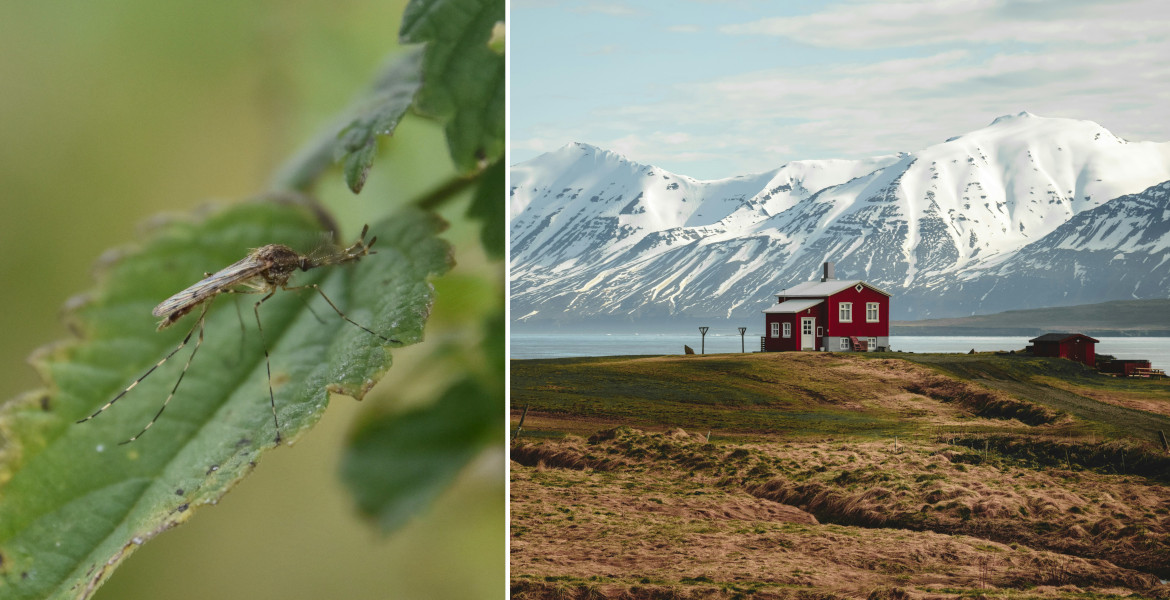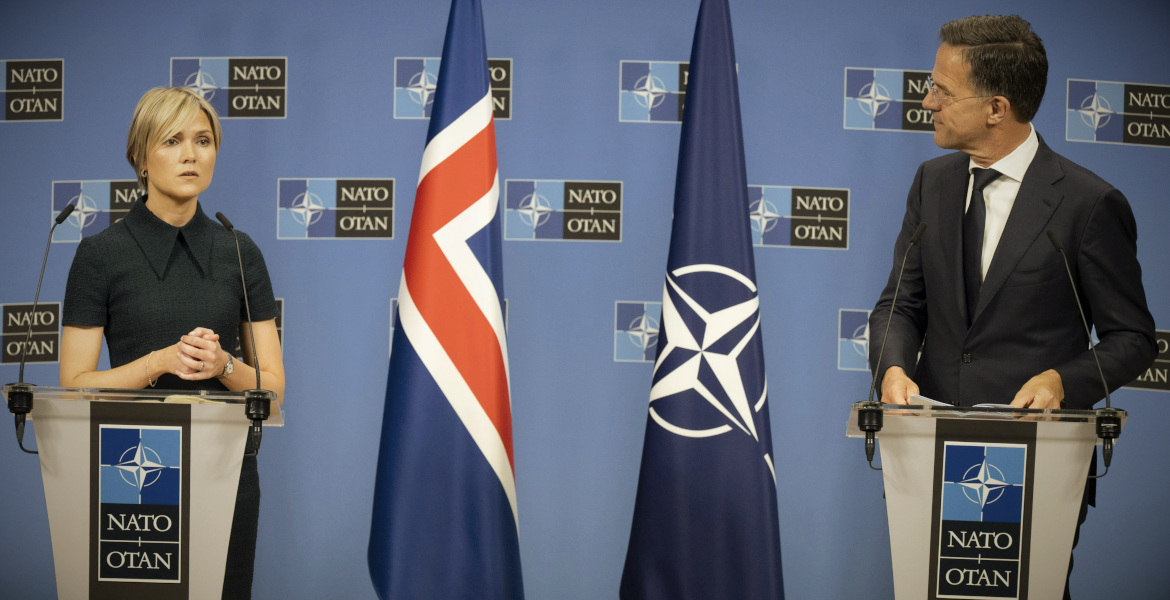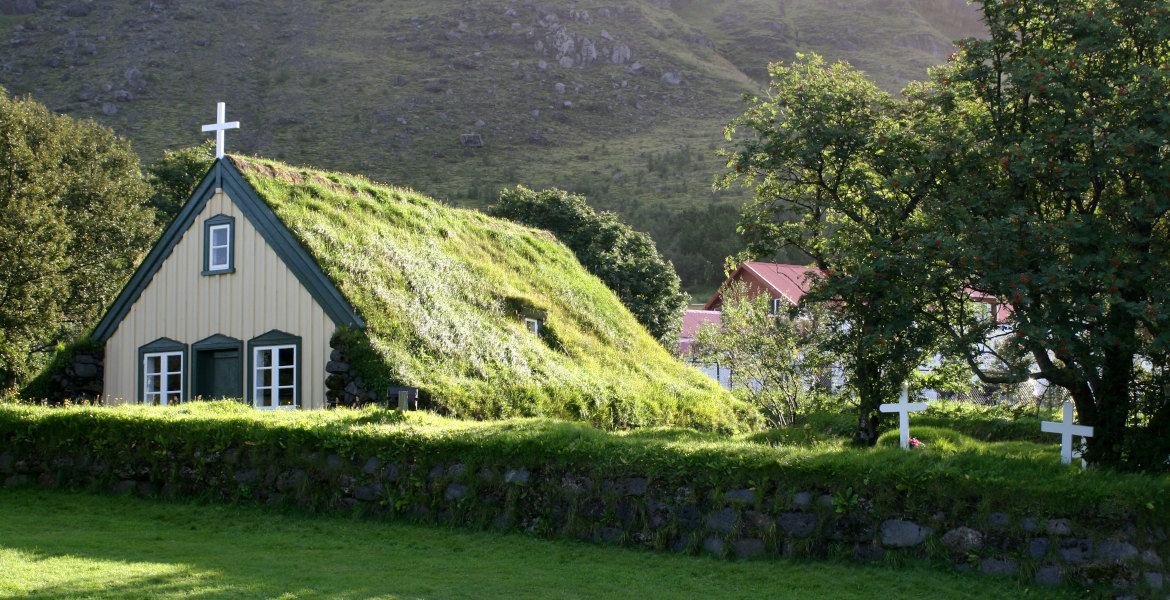Members of the Progressive Party in Iceland have introduced a new bill on assisted suicide. It is the first euthanasia bill ever introduced in the country.
It was Katrín Sigríður J. Steingrímsdóttir, the party's representative in the Alþingi parliament, who presented the new proposal, which was drafted by five members of the party. She believes that euthanasia should be an option for those who need it.
– I think most of us have had the experience of having loved ones with terminal illnesses and dealing with pain, she said, according to Iceland Review. I think this option should be available to people in this situation because it is a matter of personal freedom and a humanitarian issue at the same time, and I think it is very important that the Alþingi has the opportunity to allow experts to give their opinions on this issue.
Euthanasia is legal in the Netherlands, Switzerland, Luxembourg and Germany. Steingrímsdóttir says the proposal is based on Dutch law, but there are still many ethical questions to be answered. For example, she believes a clause should be added to allow doctors to opt out of providing this type of assistance. She also wants to respect other people's beliefs, be they religious or moral. But she describes the issue as a "matter of the heart".
– An issue like euthanasia is at the heart of my policy, which combines liberalism and a humanitarian approach, which is my political guiding principle, she said.




